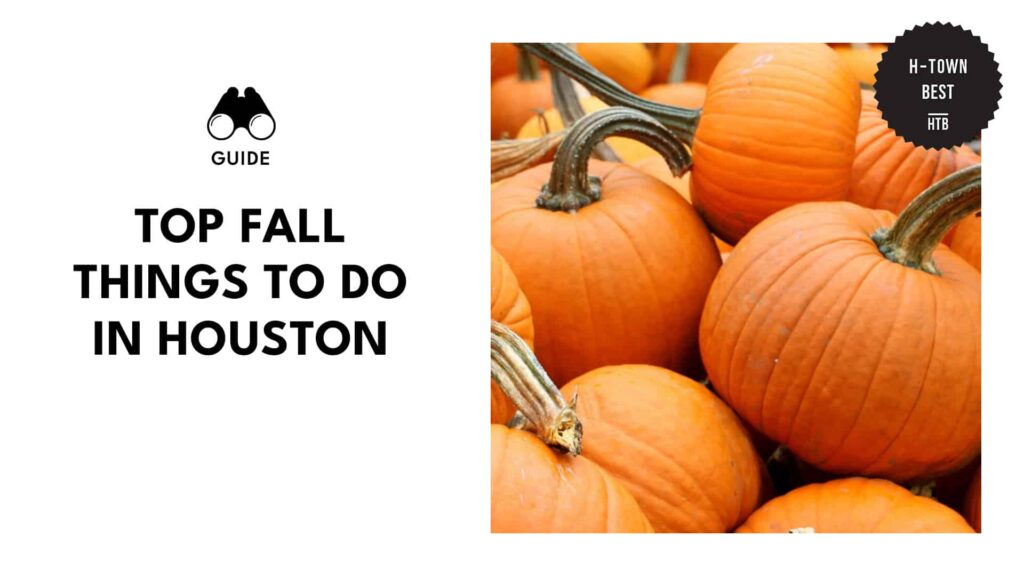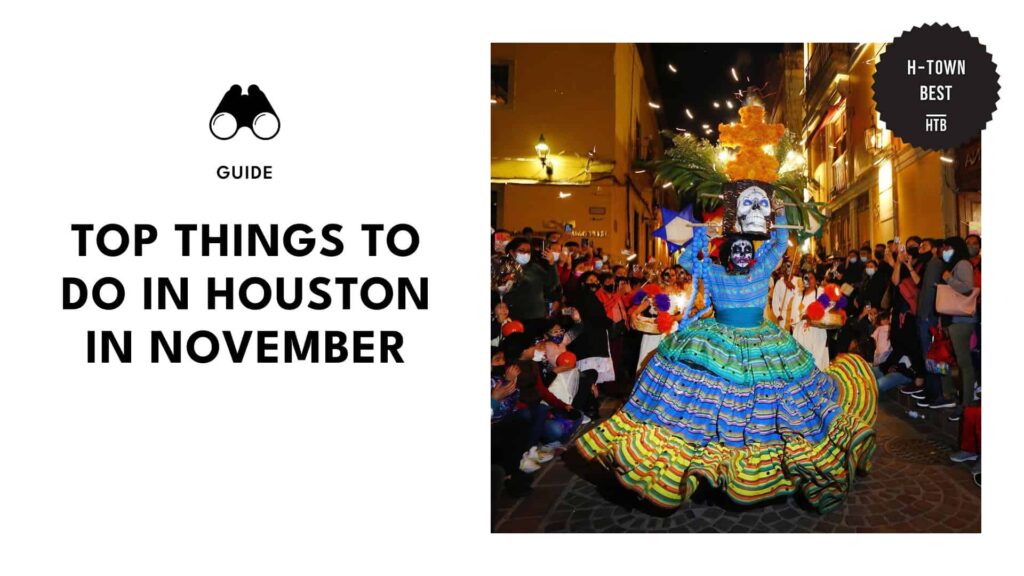How often should I water my lawn in Houston?

- How long should I water my lawn in Houston?
- When is the best time to water my lawn?
- Watering During a Drought
- What should I know about mowing my lawn in Houston?
- What are some common lawn issues in Houston?
- When is the best time to take preventive care of my lawn?
- Weeds
- What should I do about pest and insect control for my lawn?
- FAQs
If you live in Houston, you should water your lawn once a week as this is the recommended watering amount from local lawn care experts.
While how often you water your lawn can change depending on your lawn’s nourishment needs, avoid overwatering your lawn because doing so can be detrimental to the health of the grass.
Let’s go into more detail on this if you want to learn more about how to care for your lawn in the city.
How long should I water my lawn in Houston?

In Houston, you should generally water your lawn for around half an hour, but this is only an estimate. Various factors affect the ideal watering time for any lawn, including previous precipitation and soil profile.
Other factors include the type of grass you have, your soil profile, your mowing height, and your watering system.
Not only that, but you also need to think about the weather, especially the temperature and, as mentioned before, the amount of rain you may have received recently or expect to receive soon.
Here are some tips for figuring out whether to water less or more based on the most important of these factors:
When is the best time to water my lawn?

The best time to water your lawn is early in the morning before the day’s heat can damage the grass. Watering early in the morning also gives the water time to reach the soil and the roots of your grass instead of evaporating early.
This means your lawn won’t dry out as soon as it would if you water your lawn in the afternoon.
On the other hand, water in the evening may lead to oversaturation. Moreover, watering your lawn in the evening can cause disease to spread throughout the grass on your lawn thanks to the oversaturated soil giving bacteria and fungi better growth conditions.
Watering During a Drought
In the event of a drought, it is essential to be aware of any local watering restrictions that may be in place. Because of this, you’ll have to adjust how and when you water your lawn.
During the worst droughts, Houston residents are usually only allowed to water their lawns twice a week, between specific hours.
Abide by this and the recommended watering schedule of one inch per week. And remember: excessive watering is inefficient and may even shorten the grass’s lifespan, so don’t flout the rules just to do it.
What is a good way to check if you’re watering your lawn enough? Sticking a tool like a screwdriver into the soil is a good way to check if you’re watering the yard enough.
If it goes in easily, that means your grass has received enough water. The yard could use extra water if you have to force the tool in.
Extra Watering Tips
- Water the lawn three times a week in the mornings if you have an automatic sprinkler system. Those who must water manually should do so before 8 a.m. for the best results.
- Reschedule your activities when rain is in the forecast. Also, if a hurricane is approaching, you should disconnect your sprinklers.
- Middle-of-the-day watering is not recommended since it might cause blade burning and rapid evaporation when the sun is at its strongest.
- Watering your lawn deeply but less frequently is preferable to watering it shallowly and regularly.
- To determine how long it will take to water an area by an inch, you can use either a rain gauge or an empty tuna can. A rain gauge can determine how much water to use for a lawn by being set out on the grass before watering begins.
- If you use a rain gauge to track how long it took for the water level to rise to 1 inch, that’s how long you need to spend watering. At that point, you can program individual zones to water at the designated times.
- Look for dried-up yellow patches of grass on your lawn as this can be a sign of disease. It can be prevented by watering your lawn and nourishing the grass weekly with fertilizer.
What should I know about mowing my lawn in Houston?

Here’s a list of the most important things to know about mowing your lawn:
- Maintaining a beautiful and low-maintenance lawn requires cutting the grass at just the right length for the season. It’s ideal for the grass to grow taller in the summer so that it may shade the soil and promote more profound root development.
- Letting grass grow taller in summer aids soil water retention. Keep the grass at about the same height as a sideways Coke can, as a basic rule of thumb.
- Damage to the grass can result from removing more than a third of the leaf blade height in one cutting.
- A lawn cutter with a sharp blade is essential for precise cuts. The grass is more prone to disease when the blades are dull because they tear off the top layer.
- Mulch, a byproduct of mowing, is also beneficial to the turf, so don’t discard it. Distribute the mulch uniformly around the yard. The mulch you get from mowing your lawn is great for reintroducing nutrients to the soil and keeping the grass green.
- The quantity of mulch generated may suffocate the grass if the grass grows too tall, much like the weight of fallen leaves in the late fall and winter.
- Different grass types call for varied approaches to watering and mowing. Yet, Houston lawn grasses are generally hardy varieties that can endure high temperatures.
What are some common lawn issues in Houston?

A variety of factors can bring on a lawn’s decline and eventual death. In Houston, the most common issues for lawns are drought, soil compaction, excessive shade, chemical harm, pests, and diseases.
Symptoms of Pests and Diseases in Your Lawn
- An easy way to determine whether your lawn is suffering from pests and diseases is by monitoring how often you water and fertilize your lawn.
- If there are still yellow patches after regular watering, your lawn is most likely suffering from pests and diseases.
When is the best time to take preventive care of my lawn?

Preventative lawn measures should be taken in May for a healthy and lush lawn during the hottest parts of summer. A month later, the results of your preventative measures will become apparent.
Remember: if your grass has already started showing indications of damage, it is probably too late to do anything about it.
So what sorts of measures should you take to keep your lawn healthy?
Lawn fertilization and aeration are important preventative measures. However, not all summer lawn care fertilizers are created equal.
In the summer heat, chemical fertilizers can scorch your lawn and cause other problems. About a month before the hottest part of the summer arrives, you should stop using chemical fertilizers.
Organic fertilizers are an alternative because of their delayed release and reduced potential for grass harm. For best results, apply organic fertilizers in the late spring before the summer heat sets in and just as needed during the warmer months.
Lawn fertilizer composition might vary by region. It’s important to get fertilizer that can handle the heat and humidity of Houston.
Lawn fertilizer that can endure Houston’s humidity is important because just as you start sweating after a few minutes in the sun, the sun can absorb all of the nutrients from your lawn.
So, to keep your lawn from being drained of its nutrients, not only fertilize it, but don’t cut your lawn too short or let it grow too long.
Instead, maintain a consistently low grass-cutting height or hire a professional lawn service to do it for you.
Weeds
Anyone who has lived in Houston for a long time knows how quickly weeds can take over your lawn in the summer. To keep your yard weed-free, maintaining a healthy lawn is essential.
However, sometimes lawn owners apply weed killer during the hottest time of day which ends up killing the grass. So, to avoid burning the grass, weed killer should be applied when the temperature is below 85 degrees.
What should I do about pest and insect control for my lawn?

You can use pesticides to get rid of insects and other pests from your lawn. However, in most cases, all your lawn needs is regular care (such as watering and mowing) to keep pests and insects at bay.
As they look for water, pests and insects will likely increase in your yard throughout the summer months. Early in the summer, beetles and other insects deposit their eggs in the grass, and these hatch into grubs in the middle of the summer and eat your grass.
Wondering what else to look out for? Here are other common yard pests in Houston:
- Aphids
- Caterpillars
- Fleas
- Fire ants
- Chinch bugs
- Grubs
- Slugs
An insect invasion from any of these can be avoided with the help of healthy grass. Insects are more prone to inhabit dry lawns, stressed or dormant.
While pesticides can be used, excessive application during the warmer months might stress the grass and should be avoided.





